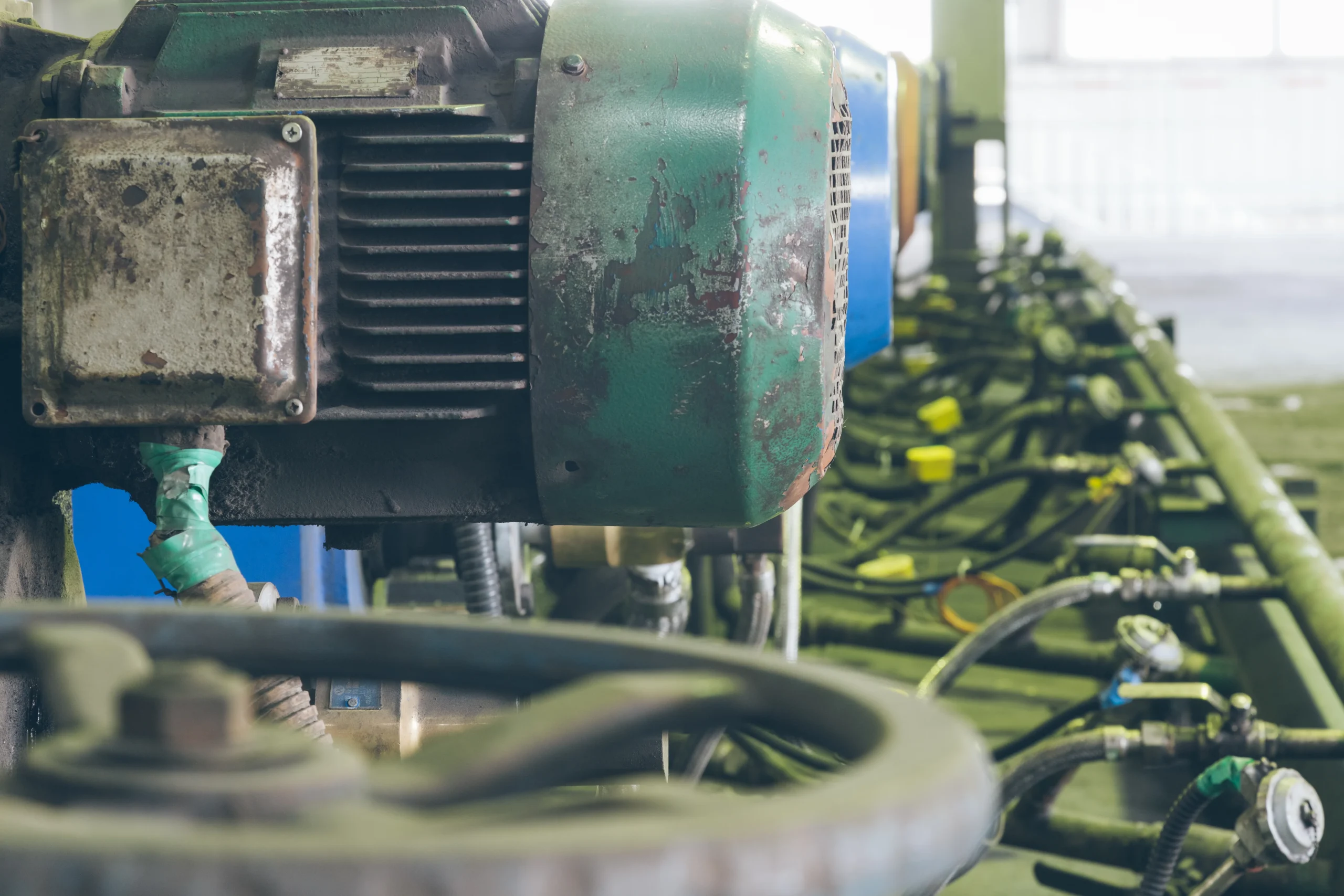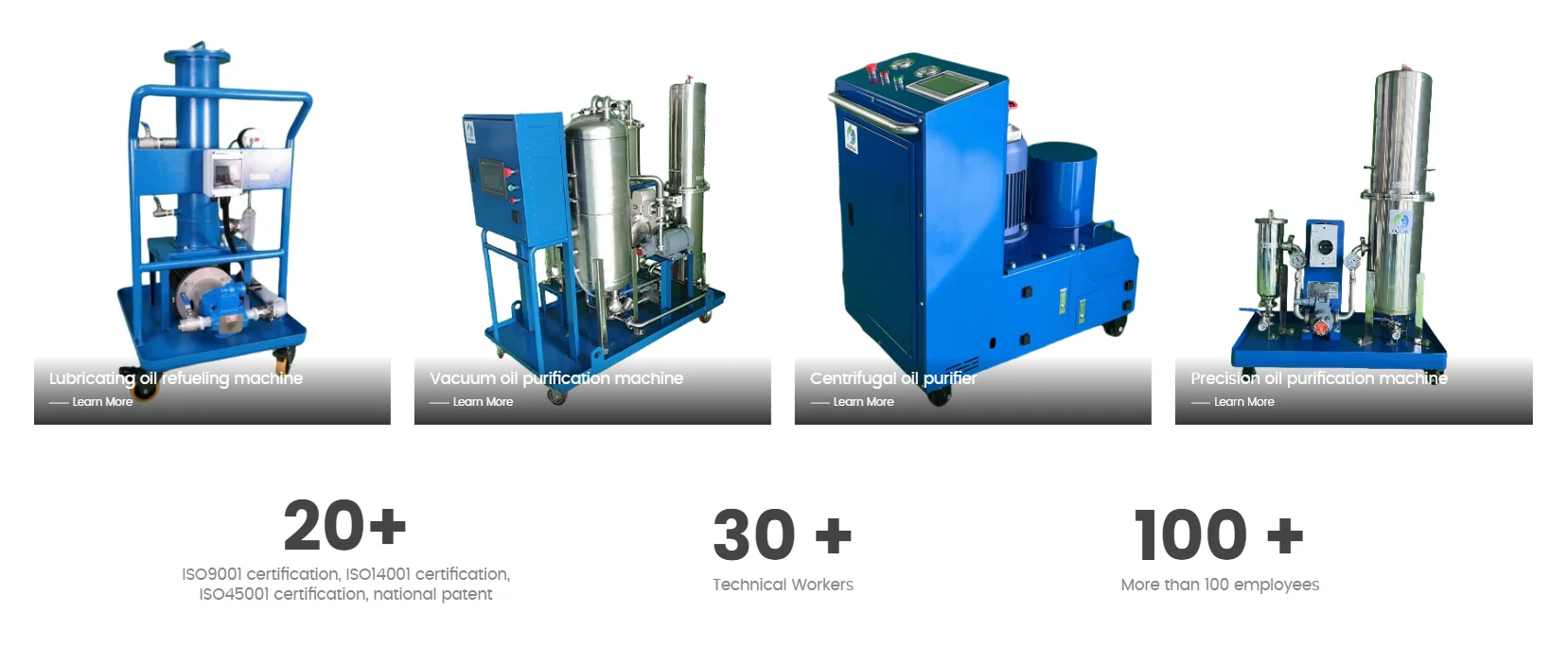Purification stands as a linchpin in industries worldwide. It keeps liquids, especially oils, pure and effective. Tainted oil can unleash chaos, causing machines to stutter, inflating repair budgets, and even threatening the environment. This is where oil purification machines step in as steadfast protectors. They sweep away intruders like moisture, gases, and tiny debris. These systems ensure industrial operations glide smoothly. But how does purification unfold? Why does it carry such weight? Let’s delve into the mechanics, benefits, and key factors behind this indispensable process.

The value of purification runs deep. It’s not merely about cleansing oil—it’s about fortifying the core of industrial systems. As we journey further, we’ll uncover how oil purification machines transform obstacles into pathways for efficiency and sustainability.
The Science Behind Purification
How Contaminants Harm Oil Performance
Oil pulses like the lifeblood of industrial equipment. It soothes moving parts and whisks away heat, ensuring seamless function. Yet, over time, it falls victim to invaders—moisture, air, and microscopic specks. These trespassers sap oil’s strength. They spark friction, ignite corrosion, and, in dire cases, trigger catastrophic failures. For instance, water in hydraulic oil can kindle oxidation. Tiny metal shards, meanwhile, hasten wear in engines. Without purification, companies face relentless halts and soaring repair costs. Pure oil, then, is not a luxury—it’s the bedrock of operational success.
The stakes are immense. Contaminated oil doesn’t just wound machines; it disrupts entire workflows. This understanding lays the groundwork for appreciating the sophisticated solutions oil purification machines bring to the table.
How Oil Purification Machines Work
To battle contamination, oil purification machines wield ingenious methods. They act like skilled artisans, restoring oil to its pristine state. Some harness centrifugal force, spinning out water and sludge with precision. Others use vacuum dehydration, banishing dissolved gases that hide within. High-efficiency filters snare fine particles, leaving oil gleaming and renewed. Modern systems elevate this further, weaving in intelligent monitoring. These smart setups adapt in real time, responding to oil’s condition. The outcome? Steady performance with minimal waste. This fusion of innovation and thrift makes purification a vital ally for productivity and eco-conscious practices.
These technologies are more than tools—they’re catalysts for progress. They enable industries to operate reliably while embracing sustainable practices, setting the stage for the practical applications we’ll explore next.
Key Applications of Oil Purification
Industrial Machinery Maintenance
Pure oil forms the backbone of fluid industrial operations. From power stations to factories, it keeps critical systems humming. Regular purification stretches the lifespan of turbines, transformers, and hydraulic setups. It halts sludge from clogging vital pathways and stops acid from gnawing at components.

In the energy sector, purified transformer oil ensures electricity flows without a hitch. Marine engines, facing brutal salty conditions, rely on continuous oil treatment to fend off corrosion. By embracing oil purification machines, industries trim maintenance expenses and bolster dependability. This proactive step fuels operational excellence.
The benefits cascade outward. Machinery that endures longer and runs reliably translates to cost savings and uptime—cornerstones of success in any industrial arena. This naturally leads us to another profound advantage: environmental stewardship.
Environmental and Sustainability Benefits
Purification transcends equipment care—it champions green practices. Discarding tainted oil is costly and wounds the planet. Purification rewrites this narrative, enabling firms to recycle and reuse oil. This slashes waste and aligns with strict environmental mandates. Some enterprises push further, achieving “zero waste” oil management through closed-loop systems paired with purification. This approach dovetails with global sustainability ambitions. It also curbs operational costs, making it a wise investment. Oil purification machines, in this light, are not just tools—they’re partners in crafting a cleaner, leaner future.
These eco-conscious outcomes strike a chord. They underscore how purification marries industrial needs with planetary care, paving the way for choosing the right purification system.
Choosing the Right Oil Purification Solution
Customized Systems for Specific Needs
No two purification challenges mirror each other. Oil type, contamination levels, and operating conditions vary widely. A one-size-fits-all approach falls short. This is where Ourun Technology’s Purification System Customization Service shines. Their bespoke solutions are like tailored garments, crafted to fit each client’s unique demands. With real-time diagnostics and adaptive filtration, these systems deliver peak performance. Whether for heavy-duty machinery or precision instruments, Ourun Technology ensures efficiency and savings. Their expertise transforms complex needs into streamlined solutions.

The move to tailored systems feels inevitable. As industries evolve, the call for precision and efficiency grows louder. Ourun Technology’s mastery in equipment lubrication management system solutions ensures clients receive exactly what they need—no excess, no shortfall. This bespoke approach maximizes results while minimizing costs, making it a cornerstone of modern purification strategies.
Factors to Consider When Selecting a Machine
Choosing an oil purification machine demands careful reflection. Flow rate is pivotal—high-capacity systems suit sprawling operations, while compact units fit mobile needs. Filtration accuracy matters greatly; finer filters trap more impurities. Energy use also weighs in—efficient machines ease power bills. Automation, like self-cleaning filters and remote monitoring, adds ease. The ideal machine strikes a balance: performance, durability, and simple upkeep. It should deliver enduring value, keeping oil pristine for years. With these factors in mind, firms can pick a system that aligns with their vision.
Selecting the right machine is a strategic leap. It’s about investing in reliability and efficiency, which ties seamlessly into the broader impact of purification.
Conclusion
Purification is far more than a routine chore. It’s a strategic commitment to efficiency, cost savings, and environmental care. Oil purification machines stand as unsung heroes, keeping industrial systems fluid while championing sustainable practices. For firms seeking dependable answers, Ourun Technology’s Purification System Customization Service delivers tailored, high-performance solutions. By prioritizing oil purity, industries unlock longer equipment life, reduced expenses, and a lighter ecological footprint. Purification, in essence, is indispensable—a quiet force propelling progress and responsibility.
Ourun Technology leads the charge, offering equipment lubrication management system solutions that empower industrial enterprises. Their focus on customized systems ensures every client’s needs are met with precision, forging a future where efficiency and sustainability intertwine.
FAQs:
Q1: What are the benefits of oil purification machines?
A: They extend equipment life, cut maintenance costs, and improve efficiency by removing contaminants like water, gases, and particles.
Q2: How does oil purification help the environment?
A: It reduces oil waste, allows reuse, and supports eco-friendly practices by minimizing disposal and pollution.
Q3: What contaminants do oil purifiers remove?
A: They eliminate water, sludge, dissolved gases, and tiny debris like metal particles from oil.
Q4: How to pick the right oil purifier?
A: Consider oil type, contamination level, flow rate, and automation features for best performance and cost savings.
Q5: Do oil purifiers reduce downtime?
A: Yes, they prevent breakdowns by keeping oil clean, ensuring machines run smoothly with fewer interruptions.






